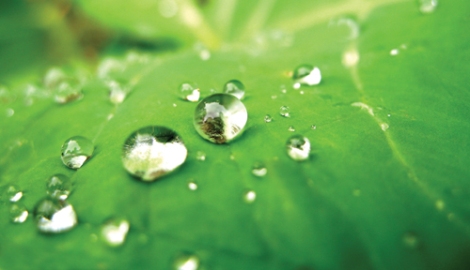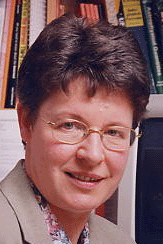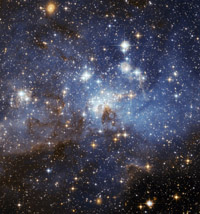December 12, 2008
Posted in Adelaide, Podcasts, schools, science, study at 1:22 am by cminge







Still unsure if you’ve made the right choice?
For anyone who has applied for a University of Adelaide Faculty of Science degree in 2009, and is now unsure if they have selected the right program, check out this informative podcast about the different options available. It’s not too late to change!
Change Your Preference?
For more help, please contact the Faculty of Sciences.
Permalink
December 9, 2008
Posted in Adelaide, Research, science, study at 6:39 am by cminge

Increasingly, sustainability – environmental, social and economic – is becoming a core objective of governments, organisations and businesses around the world. Sustainability requires the integration of many disciplines and spheres of interest, each with a unique set of concepts, paradigms and approaches. The new postgraduate program in sustainability at the University of Adelaide features the multidisciplinary perspective that is so critical to addressing the complex challenges of the future. The curriculum incorporates views and courses from every Faculty and many disciplines at the University. Topics include the science of climate change, sustainable resource management, policy and legislative frameworks for global change, sustainable energy technologies, social responsibility, community engagement and more.
View the Program brochure for more information, or visit the School of Earth and Environmental Sciences.

Permalink
December 4, 2008
Posted in Adelaide, Podcasts, science, social, Uncategorized, youth at 4:12 am by cminge
 Dame Jocelyn Bell Burnell, DBE, FRS, FRAS kindly allowed yesterday’s free public lecture to be recorded, and the podcast is now available for you to listen to:
Dame Jocelyn Bell Burnell, DBE, FRS, FRAS kindly allowed yesterday’s free public lecture to be recorded, and the podcast is now available for you to listen to:
“In Pursuit of Pulsars”
Dame Bell Burnell outlines the fundamentals of the lifespan of a star from formation to death, and then, from her unique perspective as the discoverer of pulsars, explains their content, structure and function. Some of the highlights of this fascinating lecture include:
 Discussion about the Large Megellanic Cloud, a galaxy close to our own galaxy (the Milky Way), which is rich in gas and dust, and is home to the Tarantula Nebula, the most active star-forming region in the Local Group of galaxies. Pulsars form as these stars explode and die, leaving only their super-compressed cores comprised mainly of neutrons.
Discussion about the Large Megellanic Cloud, a galaxy close to our own galaxy (the Milky Way), which is rich in gas and dust, and is home to the Tarantula Nebula, the most active star-forming region in the Local Group of galaxies. Pulsars form as these stars explode and die, leaving only their super-compressed cores comprised mainly of neutrons.
 Pulsars are highly magnetised, rotating neutron stars. Due to their phenomenal mass, gravitational effects are exerted upon visible light, meaning the view from the surface of a neutron star would extend beyond the horizon!
Pulsars are highly magnetised, rotating neutron stars. Due to their phenomenal mass, gravitational effects are exerted upon visible light, meaning the view from the surface of a neutron star would extend beyond the horizon!
 The story of a lawsuit filed by the Pulsar watch company against radio astronomers for using the term “pulsar” in relation to their work. Their case was unsuccessful.
The story of a lawsuit filed by the Pulsar watch company against radio astronomers for using the term “pulsar” in relation to their work. Their case was unsuccessful.
Permalink
December 2, 2008
Posted in Adelaide, science, social at 12:49 am by mseyfang
A free public lecture to be presented by Dame Professor Jocelyn Bell Burnell.
Pulsars and Extreme Physics
5:30-6:30pm 3 December 2008
Elder Hall of the University of Adelaide.
Dame Jocelyn Bell Burnell, DBE, FRS, FRAS is an astrophysicist who, as a postgraduate student, discovered the first radio pulsars with her doctoral supervisor Antony Hewish, for which he won a Nobel Prize. Named PSR B1919+21, this first radio pulsar ever discovered (in July 1967) is located in the constellation of Vulpecula.

Schematic view of a pulsar. The sphere in the middle represents the neutron star, the curves indicate the magnetic field lines and the protruding cones represent the emission beams. From Wikimedia Commons.
Dame Jocelyn Bell Burnell is currently Visiting Professor of Astrophysics at the University of Oxford and a Fellow of Mansfield College. She is the current President of the Institute of Physics.
For further information about this free public event, please visit the Australian Institute of Physics 2008 conference page.
Permalink







